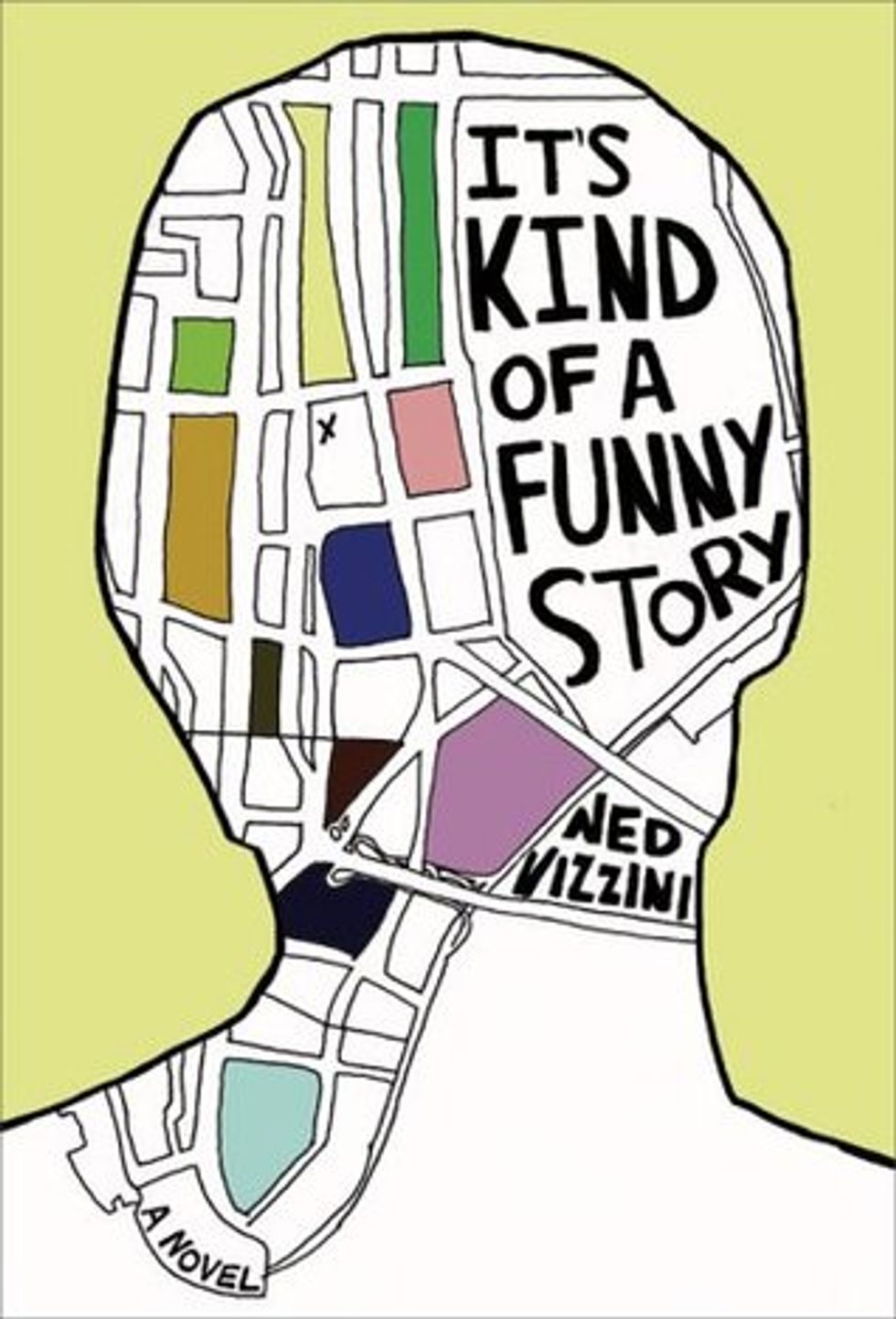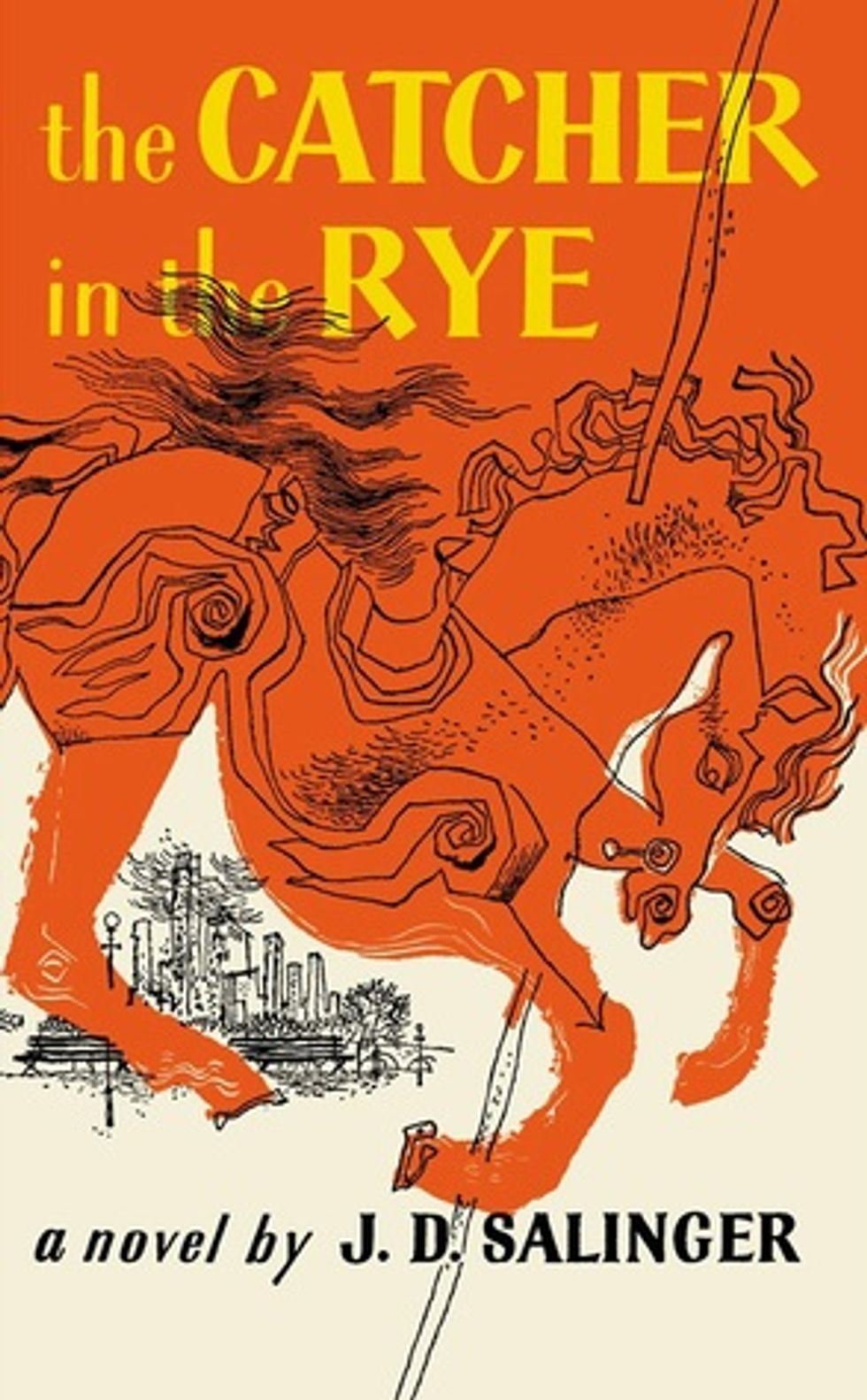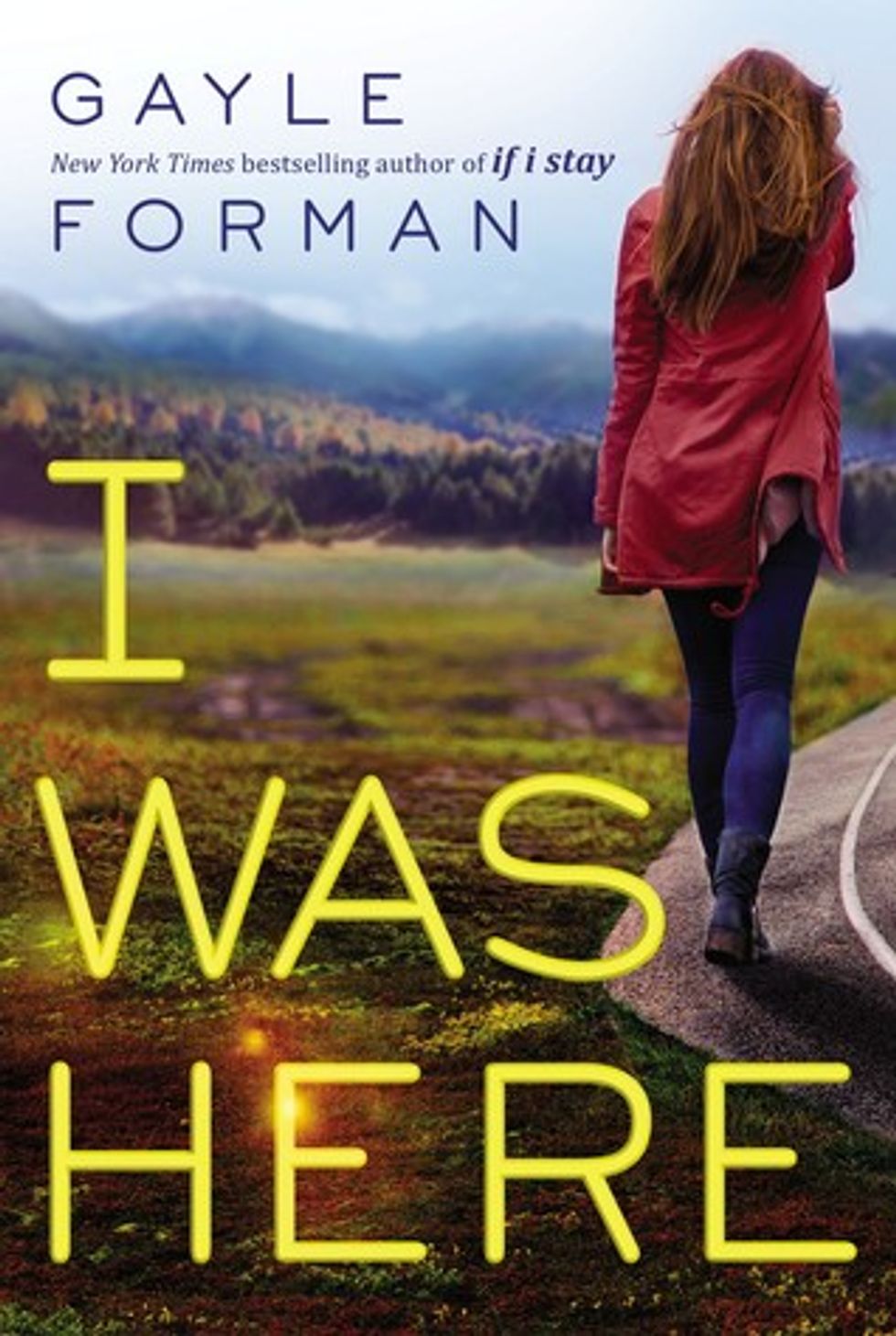We all know what a mental illness is: in its simplest terms, a psychological disorder that causes behavioral, cognitive, etc. issues that can cause a minor to severe impact in every day life.
Some of us may experience it ourselves and know all too well the agonizing struggle it can cause each and every day.
Then there's some of us who know a different kind of struggle involving mental illness, which is watching someone we love fight it each and every day. Mental illness affects not only the person suffering with it, but everyone they love.
Then there's a good portion of us who falsely believe we know what it's like to constantly have these demons fighting our thoughts and actions every day; but the truth is, unless you experience it yourself, you don't know the harsh reality of having a mental illness eating at your brain. Be grateful for that. Because of this, some people do not fully comprehend the actuality that mental illness is supremely comparable to any physical illness.
It is important for us all to broaden our minds about regarding the subject of mental illness. It is a legitimate illness. It is affecting millions of us every single day.
Here below is a list of young adult books that I believe can help broaden our minds on the reality of mental illness.
1. It's Kind of a Funny Story by Ned Vizzini
Ned Vizzini himself has spent some time in a psychiatric hospital, so unfortunately he knows first-handedly the story he tells in this fabulously written novel.
He tells the story of Craig, who is an ambitious teenager eager to succeed in life. He puts an unrealistic amount of pressure on himself, which is when the depression hits when one night, he almost kills himself.
He ends up in a psychiatric hospital, where he meets others who have unique experiences themselves. Here, Craig is finally able to face the nagging thoughts and demons fighting his mind.
I won't spoil the book's ending for you, but I will say the author himself did not have a happy ending. After speaking and writing about depression for years, Ned Vizzini committed suicide in 2013.
2. Just Listen by Sarah Dessen
Annabel's sister became anorexic, and her world was seemingly flipped. Her house was chaotic and her parents focus was always on Annabel's sister.
Though the subject of mental illness is not necessarily the main plot line of this book, it does shed light on what happens when mental illness affects an entire family.
3. The Catcher in the Rye
A little bit of an "old school" book, but in my opinion one of my favorite books ever written.
This book tells the story of Holden Caulfield and his struggle involving identity, belonging, loss, and teenage rebellion. I won't get too into what "mental illness" he exactly has, because I personally think that is part of the mystery of the book and I'll leave that up to your interpretation.
J.D. Salinger has a different type of writing style that does not necessarily appeal to everyone, but I definitely recommend giving it a try. It is one of my favorite reads.
4. I Was Here by Gayle Foreman
This novel talks about Cody dealing with the effects of suicide after her best friend kills herself. We learn how Cody tries to overcome her own grief while understanding her best friend's pain even more.
This book is so important because it depicts the terribly awful emotions that one experiences after a person they love commits suicide. It portrays the significance of reaching out to get help when you need it. The most heart breaking part is sometimes, no matter how perceptive you are, you can never tell how much pain a person is going through.
5. The Impossible Knife of Memory by Laurie Halse Anderson
*PTSD: Post traumatic stress disorder. Hayley's dad had been in the Iraq war and after his discharge, they spent years running away from his PTSD. Of course, because no mental illness can just "disappear," this finally catches up to them and they are forced to deal with this heartbreaking disorder head on.
This heart wrenching novel shows the fearful side effects of spending years in a war zone, and how it seriously effects the ones closest to you. It also reinstates the standing notion of getting help when you absolutely need it.
*PTSD does not just happen from military experience, as it does in this book. PTSD can happen from any traumtic, devastating event.
It is important to note a few things. These are just five single books that discuss a small number of perspectives involving mental illness; mental illness affects each and every person in different ways. These books only capture a few mental illnesses, though there are several more out there.
I encourage you to broaden your mind about mental illnesses. Read these books. Understand the different illnesses. Inform others about what you learn. Talk about your experience. Mental illness does not have to be a frightening, unspeakable subject- unless you allow it to be.













































